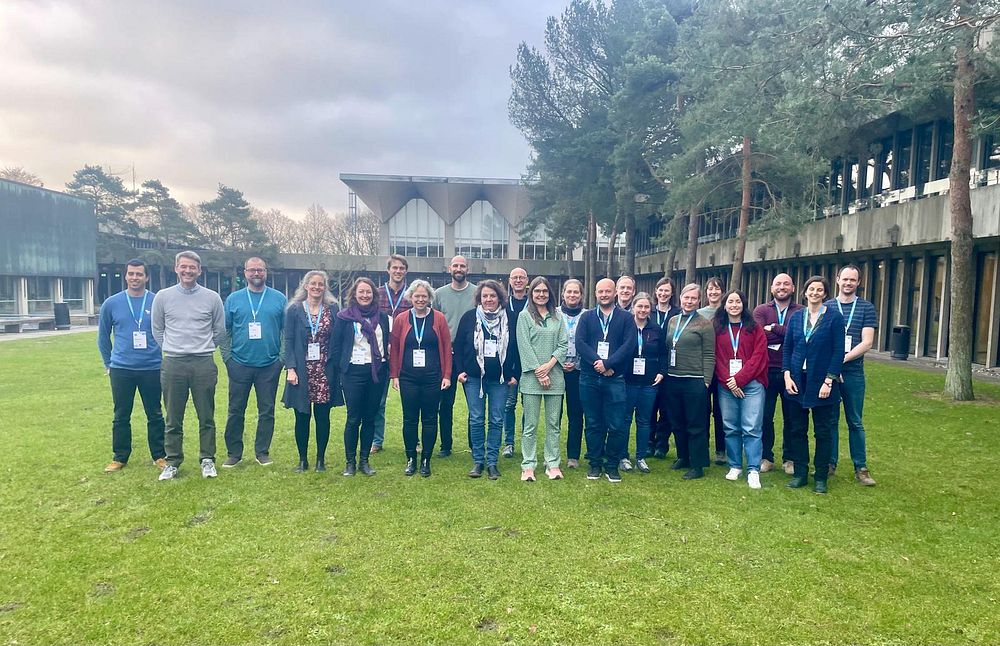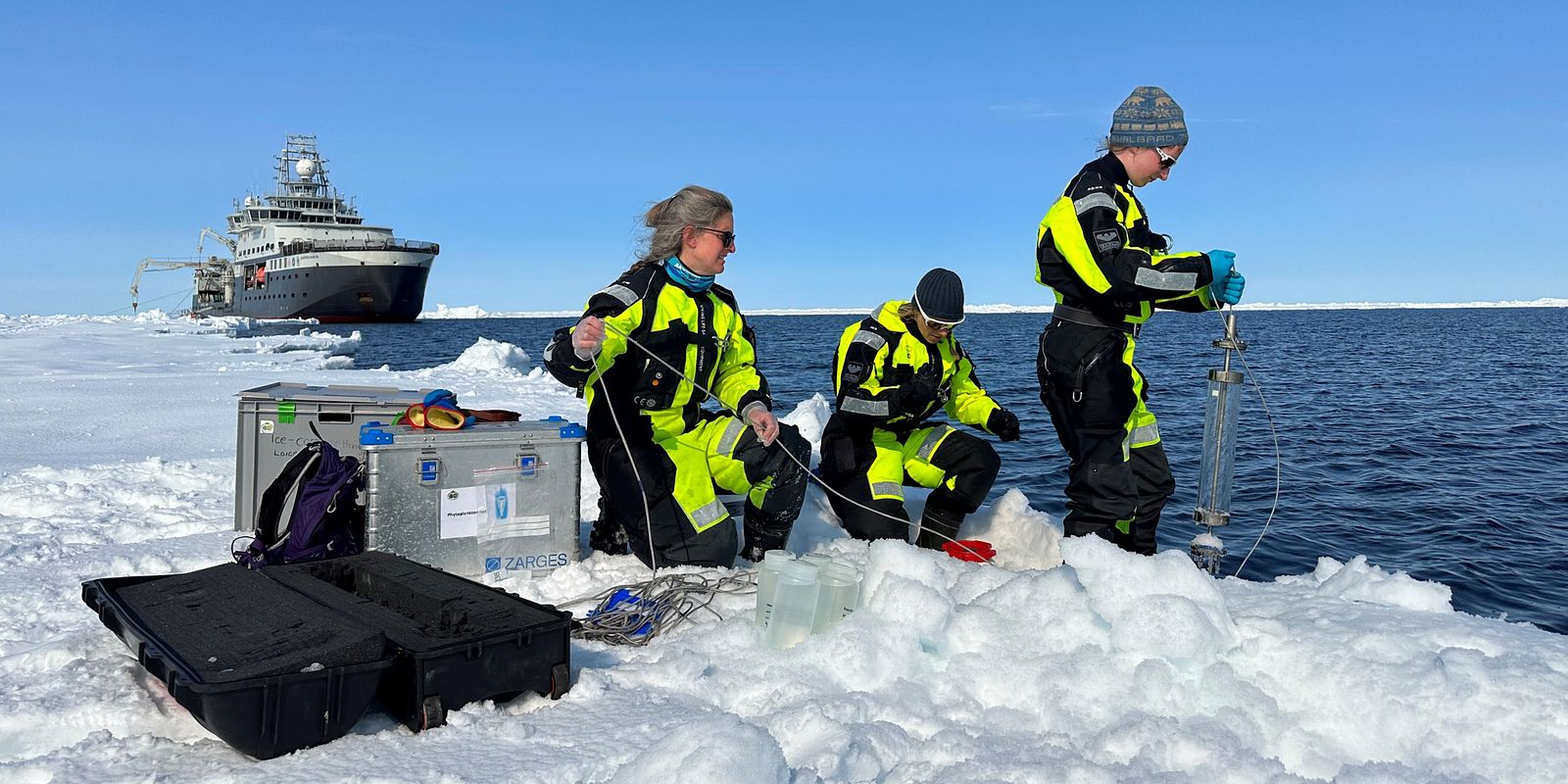8 March 2024 news
The Polar Oceans are among the ecosystems most impacted by climate change. This has implications for the important ecosystem services they provide for society. Two essential services include a unique biodiversity and a potential for climate change mitigation through a significant uptake of atmospheric CO2. The Polar Ocean Mitigation Potential (POMP) project aims to increase scientific knowledge on how climate change will impact biodiversity and CO2uptake. This will have direct implications for the future management of the Polar Oceans. The 16 partners in POMP will advance current scientific knowledge gaps around Polar Blue Carbon habitats and synthesize this into input for policy makers and managers to facilitate the conservation and resilience of natural marine ecosystems with ongoing climate change.
Akvaplan-niva is a major partner in the project and contributes in areas of carbon degradation in coastal regions, phytoplankton physiological ecology and functional traits, pan-Arctic benthic biodiversity, and geospatial analyses of carbon- and biodiversity- rich systems and their threats. We will use these data to suggest priority areas for conservation to limit losses of these habitats.
POMP is funded by a Horizon Europe grant from the European Commission and will run for the next 4 years. It is lead by Aarhus University. The kickoff meeting took place at the Danish Technical University (Copenhagen, Denmark) from 27-29 February 2024, and brought together the project partners to discuss the next steps and organize workflows for successful project implementation. Paul Renaud and Eva Leu participated from Akvaplan-niva at the meeting.
Project partners:
Aarhus University, Akvaplan-niva, NIVA, AWI, SDU Syddansk Universitet, Sorbonne University, UiT The Arctic University of Norway, Norwegian Institute for Nature Research NINA, CNRS, University of St Andrews, British Antarctic Survey, Science Crunchers, University of Laval, University of Manitoba, University of Quebec a Rimouski (UQAR)



